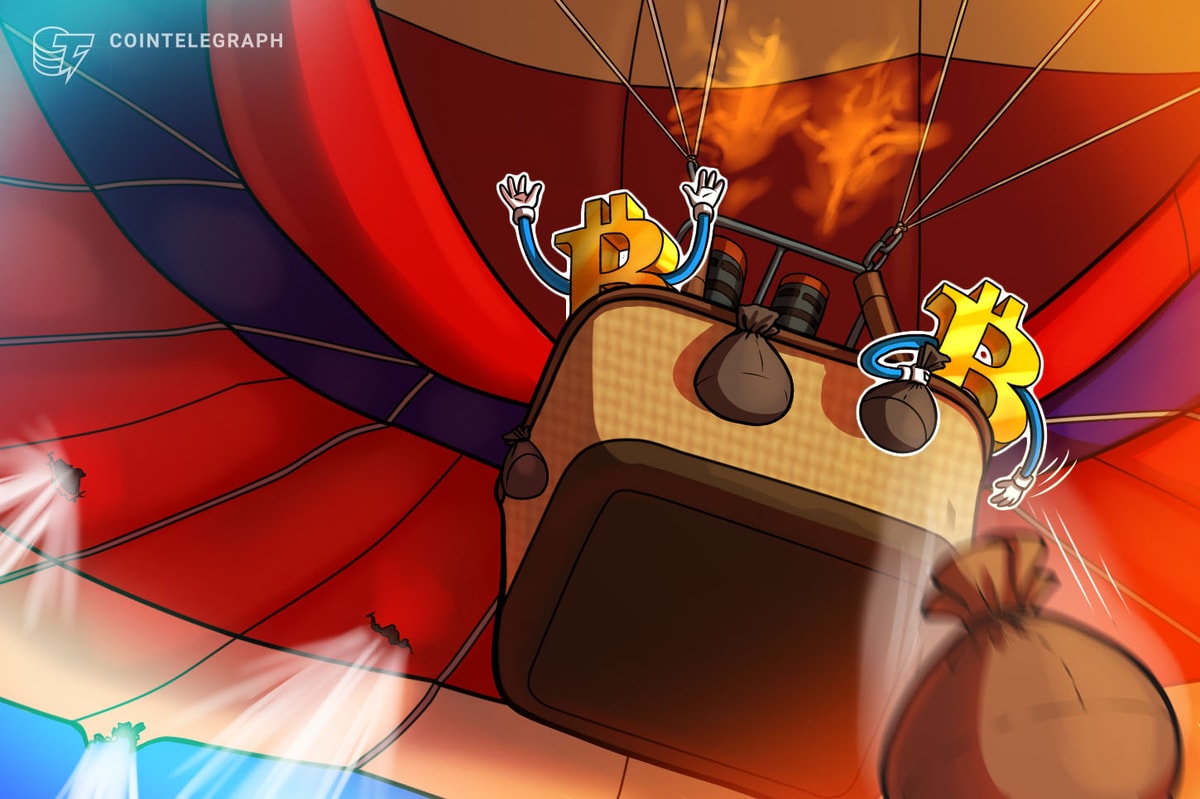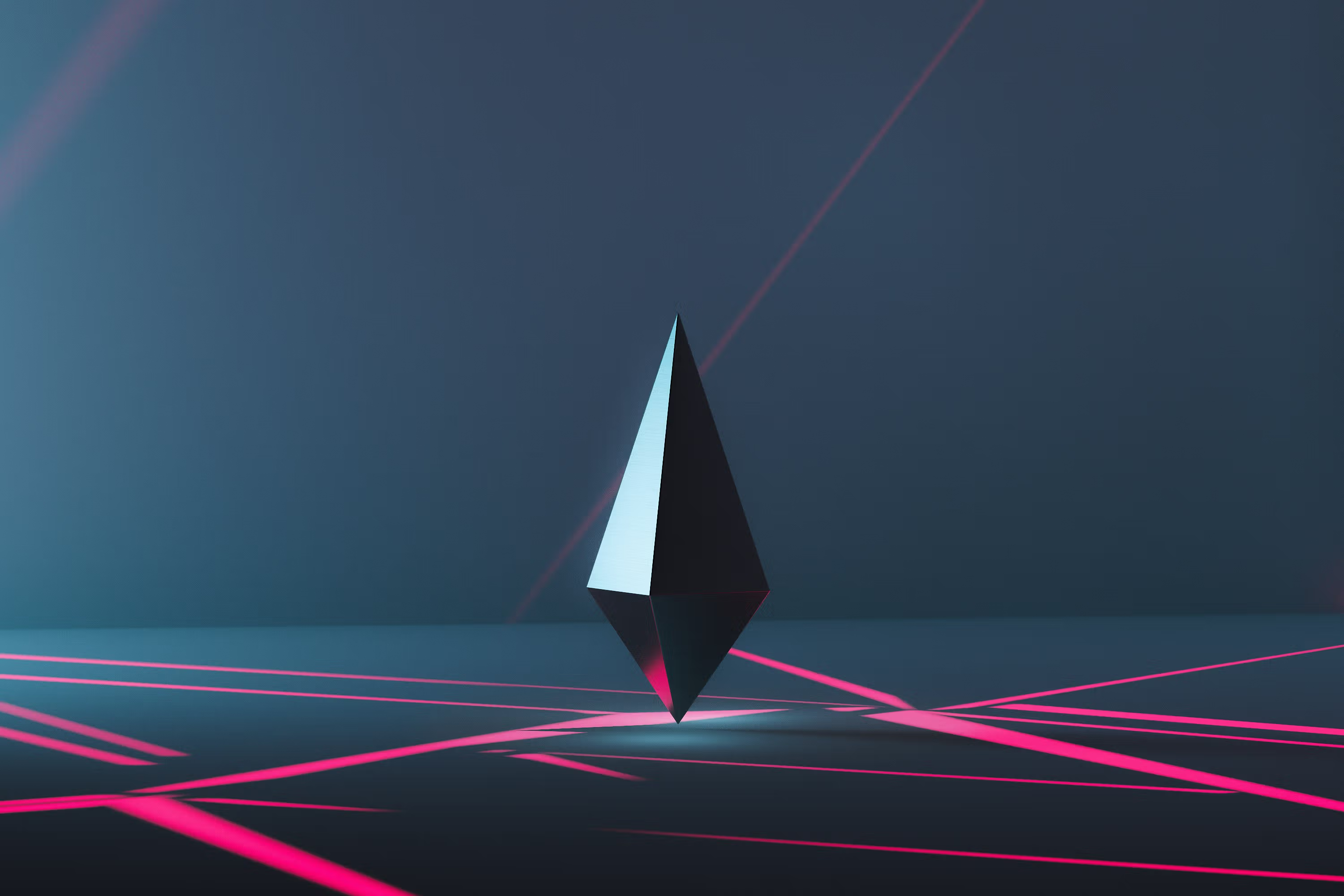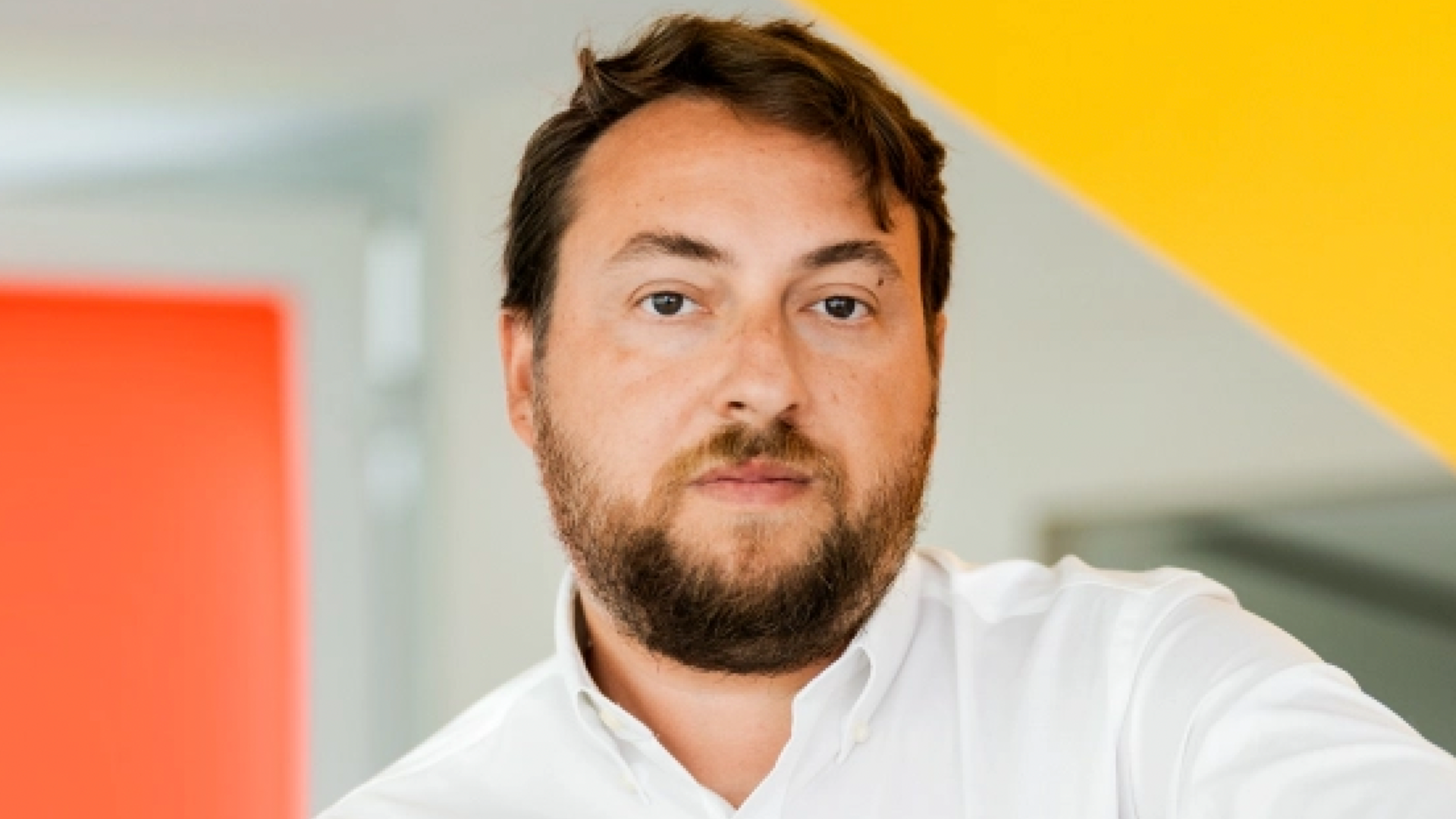WazirX co-founder Siddharth Menon and the Pune-based firm SuperGaming had announced a partnership earlier this year to found Tegro, a web3 gaming marketplace. But mere months after that announcement, Menon and SuperGaming have gone their separate ways, with the former’s CEO Roby John only continuing in an advisory role.
A comparison of Tegro’s website with an archived version from earlier this year shows that the entire founders’ profiles from the front page have been removed, and a Crunchbase profile of the company only shows Menon as an active employee.
“There is no “break-up” happening between SuperGaming and Tegro,” a SuperGaming spokesperson told Entrackr. “We are in the midst of restructuring to ensure smoother operations: Tegro is the B2C platform being built by an independent team at Tegro and SuperGaming will be building the incubation platform for Web3 games with advisory & economics.”
“Things are all good & exciting here,” Menon told Entrackr in a message after this story was initially published. “Roby [John of SuperGaming] & me are passionate builders, we are working together closely under new structure to build the web3 game ecosystem.” John, meanwhile, posted a group picture from a recent trip to Singapore, seated at a table with Menon, among others.
The new arrangement is a drastic downgrade of what was initially announced.
John was a co-founder of Tegro, with an initial COO designation, but his LinkedIn page currently only bills him as an advisor. Sanket Nadhani, another SuperGaming executive who was also initially Tegro’s Chief Marketing Officer, does not have any mention of the web3 startup on his LinkedIn profile. John and Nadhani were mentioned in a post by Tegro’s LinkedIn page as recently as a couple months ago. Navneet Waraich, another SuperGaming executive, still has Tegro on his profile.
A source told Entrackr that the split came following differences between SuperGaming and Menon, with the WazirX co-founder’s frustration coming to a head following prolonged silence on raising funds and contributing technology expertise, which the gaming company was supposed to bring to the table. The partnership was also frozen due to anxiety about regulatory uncertainty surrounding crypto, as exchanges were being raided by the Enforcement Directorate and some crypto executives found themselves scrutinized by tax authorities.
The Tegro pitch has been ambitious, as have its fundraising goals. The partnership aimed at reshaping in-game marketplaces that relied on crypto with a sustainable model, and develop games around this framework. The firm announced a $1 million grant in May to assist individual web3 gaming projects with $25,000 in funding and advice on tech.
The firm was apparently shopping around for investors even before its pitch had evolved into a concrete product, which is not uncommon; but the scale at which it was attempting to raise appeared staggering. Entrackr source said that the firm was eyeing a nine figure valuation with an investment of around 10% that value. A Morning Context report revealed that investors were balking even at a reduced ask of $25 million for a $200 million valuation.
Tegro is starting work on an “open source model” of an in-game economic model called Tegronomics, Menon said on Twitter earlier this month. “Gamers are more familiar with the concept of digital assets than the general public,” Menon said in a post, explaining why he thought crypto uptake among gamers would be high.
Even amid the crypto winter, which saw the prices of several digital assets crash, Tegro maintained some optimism. “Deep fluctuations in the market are completely normal for new asset classes. If you believe in an idea, go ahead and build it. The market will eventually recover,” the company said in the post.
A Bloomberg report this month showed that gaming studios were starting to act with caution on crypto assets, as the play-to-earn model coupled with NFTs led to “scarcity and exclusion,” with digital assets attracting few bids, if any, in second hand marketplaces. Menon insisted on Twitter that Tegro’s model was different.
“NFT are illiquid assets, if you are buying for investment then be aware as you will not be able to liquidate them easily,” he said. “At [Tegro] we are building Tegronomics which helps games to build economics with fungibility. This keeps the markets liquid thereby protecting investors.”
Update: This story has been updated with a statement by Tegro founder Siddharth Menon.
Read More: entrackr.com









 AIntivirus
AIntivirus  LAIKA the Cosmodog
LAIKA the Cosmodog  BEAM
BEAM  Passage
Passage  Kepler
Kepler  HERBCOIN
HERBCOIN  Musk It
Musk It  BizAuto
BizAuto  Joule
Joule  Baanx
Baanx  AlphBanX
AlphBanX  StarLink
StarLink  Index Coop - ETH 2x Flexible Leverage Index
Index Coop - ETH 2x Flexible Leverage Index  Mystiko
Mystiko  LETSTOP
LETSTOP  The Innovation Game
The Innovation Game  XDB CHAIN
XDB CHAIN  Smoking Chicken Fish
Smoking Chicken Fish  SwapX
SwapX  Mistery
Mistery  LORDS
LORDS  LEA AI
LEA AI  Fren Pet
Fren Pet  ParagonsDAO
ParagonsDAO  Cult DAO
Cult DAO  DOLZ.io
DOLZ.io  Bridged Wrapped Bitcoin (StarkGate)
Bridged Wrapped Bitcoin (StarkGate)  cUNI
cUNI  Aviator
Aviator  Hasbulla's Cat
Hasbulla's Cat  AIT Protocol
AIT Protocol  Draggin Karma Points
Draggin Karma Points  Charles the Chad
Charles the Chad  Interest Compounding ETH Index
Interest Compounding ETH Index  QnA3.AI
QnA3.AI  Beets
Beets  Tsotchke
Tsotchke  Scotcoin
Scotcoin  Lattice
Lattice  W Coin
W Coin  Tevaera
Tevaera  Kolin
Kolin  Paladin
Paladin  NANI
NANI  Blockasset
Blockasset  MEMES
MEMES  UNCX Network
UNCX Network  HELLO
HELLO  SIX Network
SIX Network